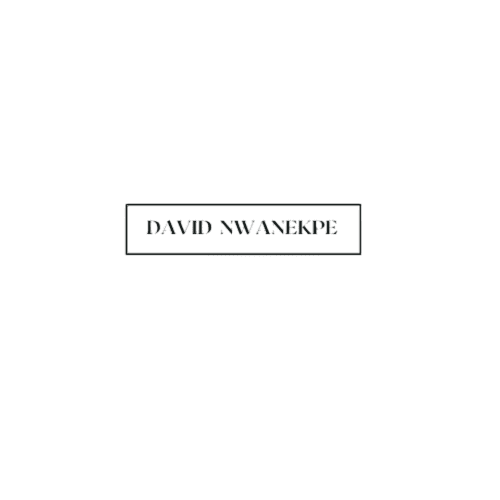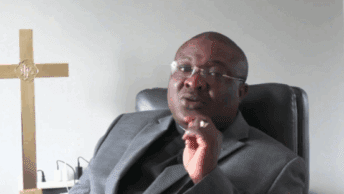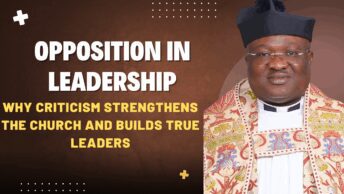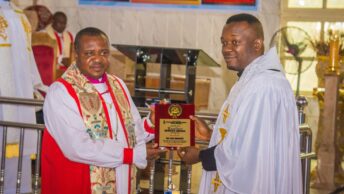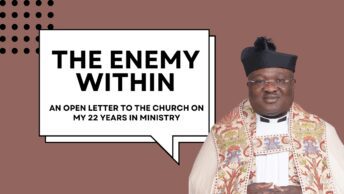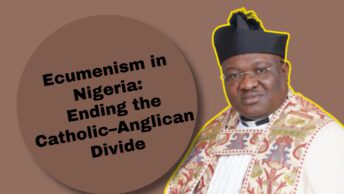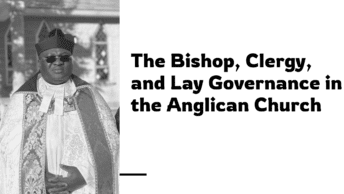My brothers,
Thank you for your submission and for engaging deeply. I want to clarify from the outset: my question was never intended to attack the Primate or the House of Bishops—God forbid. It was directed to our Eastern bishops, because the reality remains that no new diocese was created from Igbo land, yet many of our own sons aspire to be bishops elsewhere. Is that fair to those people in other regions, who now see outsiders presiding, while their own communities remain unreleased at home?
1. Historical bans and creations
Under His Grace Archbishop Okoh, there was indeed a moratorium on diocesan creation because of viability concerns. Yet under Archbishop Jasper, dioceses were created to strengthen the Church’s stand against creeping liberalism from the West. So yes, both mission and viability have guided our history.
2. Current criteria
Primate Henry has set out clear conditions for new dioceses. My question is: did anyone from the South-East apply and meet those conditions, but still get denied? If none applied, why? If some applied, were they refused release by their bishops? I speak with knowledge as a member of the Standing Committee and General Synod. I know that some areas already have funds and strength but are deliberately held back.
3. Refusal of release
This is the silent problem. There are places in Igbo land that are viable, with the resources and population to stand as dioceses, yet their mother bishops refuse to “cut them loose.” Why? Fifty years from now, if this continues, history will call it selfishness.
4. Cross-regional service
I celebrate that an Igbo man is bishop in Cross River. That shows catholicity and unity of our Church. But let’s be honest: this does not solve the pastoral and structural need for new dioceses where they are already viable in Igbo land. Apples cannot replace oranges.
5. The money issue
You said some dioceses chase money just to pay salaries. That is true. But this is exactly why viability criteria exist. My point is not to abandon criteria—it is to ensure transparency. Publish the applications, the scores, the reasons. Then no one will accuse leadership of bias, and no one will sow division.
6. Fairness and unity
In the latest round, every province received something except the South-East. Naturally, questions will arise. The way to preserve unity is not by silencing such questions, but by answering them with facts. Transparency heals suspicion.
7. Vision of the Primate
I support Archbishop Henry’s vision fully. I believe in it. But I also believe that if there are viable areas being denied release, we must address that pastoral injustice now, not leave it to fester. Mission, pastoral care, and the spread of the gospel must come first.
My brothers, I raise these points not to divide but to strengthen. If we publish the facts, address the bottlenecks, and pastorally guide bishops to release what should be released, we will avoid unhealthy debates. If we remain silent, suspicion and division will grow.
I stand with the Primate, I stand with the House, but I also stand for fairness, transparency, and mission in our Church.
A word on history
History may not be fair to Archbishop Henry Ndukuba. Fifty years from now, when many of us who argue on this platform may no longer be alive, the question will surely arise: When Archbishop Jasper and other primates from outside Igbo land created and granted dioceses in the East, why was it that when the son of an Igbo man became Primate, not a single diocese was created from his own region, even though he created fifteen dioceses nationwide?
This is where the concern lies. I am fully aware that within the East, there are areas vying to become dioceses—places that are not missionary but viable, I repeat, viable with all the requirements met. Yet, their mother dioceses have refused to release them. This is a major hindrance, and the reason why questions are raised.
If there are dioceses that are truly viable, fulfilling all criteria laid down by the Church of Nigeria, but they have consistently been denied the opportunity for elevation, should that not concern every reasonable person? Shouldn’t we pause and ask why?
Addressing misinformation
Unfortunately, some individuals are pushing a completely wrong narrative, and it is not true. By the standard of the Church of Nigeria, one must be at least 45 years old to be considered for the office of Bishop. I am not even close to that age. Therefore, the claim being made about me is totally false. I urge you to stop spreading misinformation on social media. It is clear you may have been hired to tarnish people’s image, but I assure you, I am far bigger than this.
It is also unfortunate that whenever people express their views or share their thoughts, they are quickly accused of aspiring to become a Bishop. For crying out loud, I live here in New York City, I have a good job, and by the grace of God, I am living comfortably. There is no reason whatsoever to attach my personal opinions to any ambition of becoming a Bishop. Again—is being a Bishop the only job Nigerian Anglicans know that can make one a successful individual?
For 12 years of my ministry, both in Nigeria and here in the United States, I have served faithfully as a non-stipendiary priest—receiving neither salary nor allowance from the church. I have labored with zero financial benefit attached to my service. So why should anyone think I am speaking out for personal gain? I am not one of those priests seeking reward. Please verify this before making assumptions.
It is childish and unfair for anyone to make such claims. Before making careless statements online, I encourage you to study more about me, visit my website, or ask those who truly know me. Please seek clarity before spreading baseless assumptions.
Respectfully,
Ven. David C. Nwanekpe
